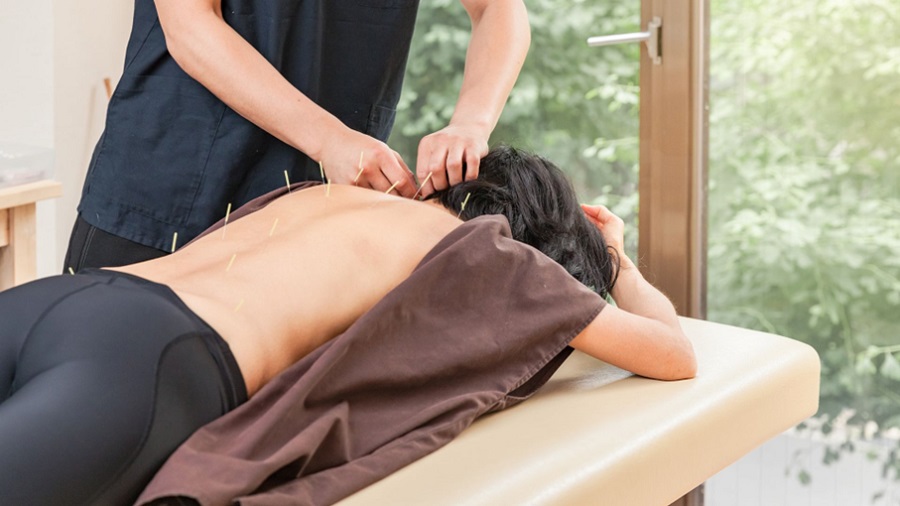Vertigo is a common health issue that affects many people across the globe. It is characterized by dizziness, a spinning sensation, and sometimes Nausea. While there are various treatments available for vertigo, many individuals have found success in alleviating their symptoms through acupuncture. In this article, we will explore how acupuncture can help treat vertigo and what to expect during treatment.
Acupuncture for Vertigo: How It Works?
Acupuncture is a Chinese medicine technique that involves inserting thin needles at specific points on the body to restore balance and promote healing. According to this ancient practice, the body has a network of energy channels known as meridians. When the flow of energy or “Qi” is disrupted, it can result in health issues such as vertigo.
When treating vertigo with acupuncture, the practitioner aims to balance the flow of Qi and alleviate the symptoms associated with vertigo. This is done by stimulating certain acupoints in the body. Some of the common acupoints targeted for vertigo treatment include:
- PC6 (Neiguan): Located on the forearm, below the wrist, this point helps in relieving Nausea and irregular energy flow.
- GB20 (Fengchi): Situated on the back of the neck, this point aids in treating dizziness, neck stiffness, and headaches.
- GV20 (Baihui): Located on the top of the head, this point helps in calming the mind and easing symptoms of vertigo.
What to Expect During Your Acupuncture Session?
When you visit an acupuncture clinic to treat your vertigo, here’s what you can expect during your session:
- Consultation: Your acupuncturist will start by gathering your medical history, discussing your symptoms, and examining your tongue and pulse to identify any imbalances.
- Treatment: The practitioner will then insert sterile, single-use needles into specific acupoints on your body. The insertion process is typically painless or causes minimal discomfort.
- Relaxation: Once the needles are in place, you will be asked to rest for 20-30 minutes. Many patients report feeling a deep sense of relaxation during this time.
- Removal: The needles will be removed at the end of your session, and your practitioner may suggest additional treatments or lifestyle changes to support your healing process.
By stimulating specific acupoints, acupuncture can help relieve the symptoms associated with vertigo and provide long-term relief. If you’re considering this treatment, you may also check out how often should you get acupuncture to maximize its benefits.
To Sum Up
Acupuncture can be an effective way to treat vertigo and its accompanying symptoms. By working with a qualified practitioner and committing to a consistent treatment plan, many individuals have found relief and improved quality of life. If you’re struggling with vertigo, consider giving acupuncture a try and visit a reputable acupuncture clinic in Davie to ensure an effective treatment. With their help and support, you can be on your way to restoring balance in your body. Thank you for reading!

